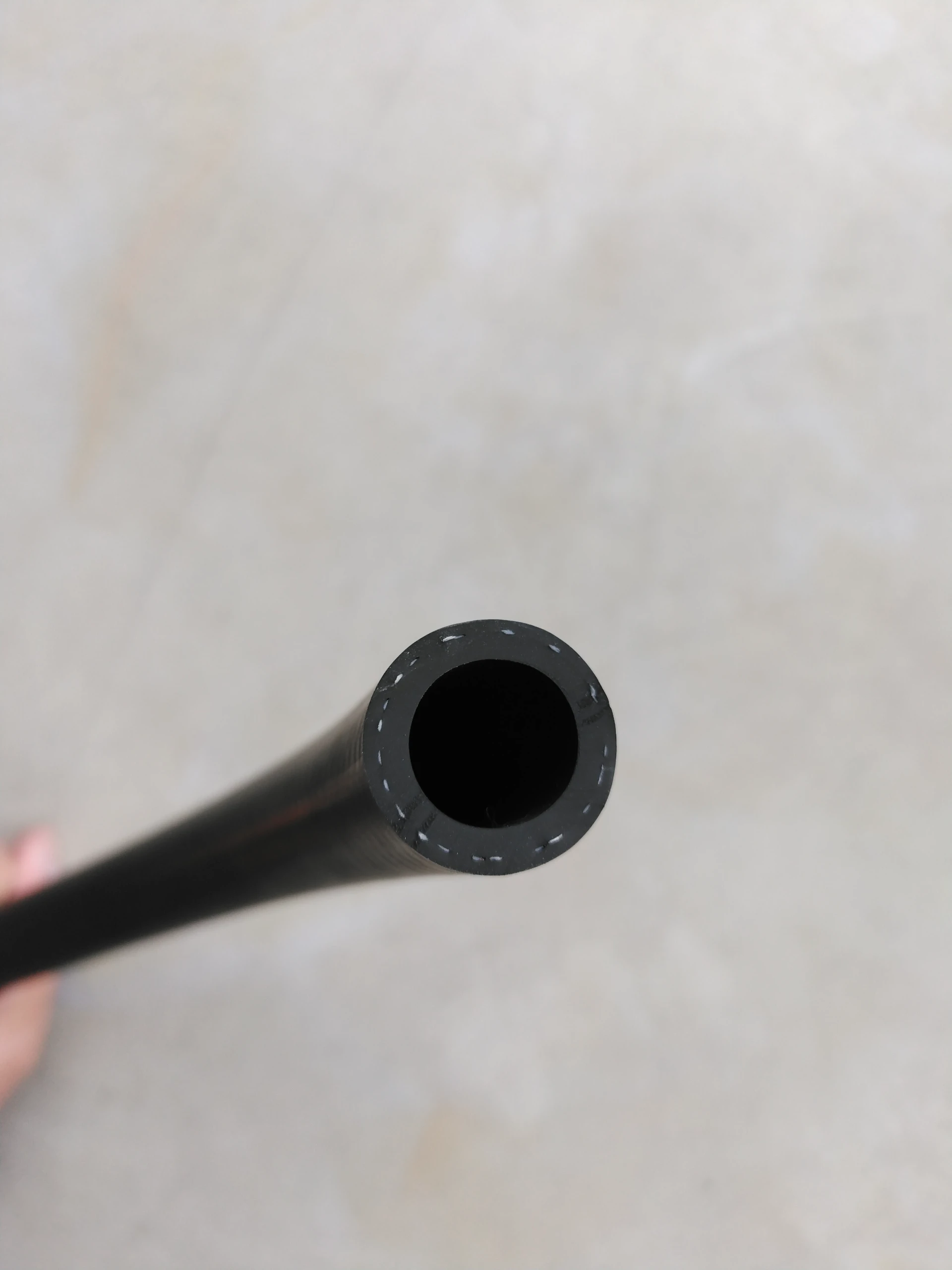Fuel Intake Hose - High-Performance Fuel Delivery Solutions
Zář . 12, 2024 09:20 Back to list
Fuel Intake Hose - High-Performance Fuel Delivery Solutions
Understanding Fuel Intake Hoses Importance, Maintenance, and Replacement
Fuel intake hoses play a crucial role in the functionality and efficiency of a vehicle's fuel system. These hoses are responsible for transporting fuel from the tank to the engine, ensuring that the engine receives the necessary fuel for combustion. Understanding the significance of fuel intake hoses, along with their maintenance and replacement, can help vehicle owners improve performance and enhance safety.
The Importance of Fuel Intake Hoses
Fuel intake hoses are made from specialized materials designed to withstand various conditions, including high temperatures, pressure, and exposure to fuel-related chemicals. A well-functioning hose maintains a secure connection, prevents leaks, and ensures that the engine receives a constant fuel supply. Any failure in the fuel intake hose can lead to significant issues such as engine misfires, decreased performance, or even complete engine failure.
Moreover, a leaking fuel hose poses serious safety risks, including the potential for fire or explosion, particularly when combined with the heat generated by an engine. Therefore, regular inspections and proper maintenance of fuel intake hoses are vital not only for vehicle performance but also for the safety of the driver and passengers.
Signs of Wear and Tear
Over time, fuel intake hoses can degrade due to factors such as age, temperature fluctuations, and chemical exposure. It's essential for vehicle owners to be aware of signs indicating potential issues with their fuel hoses. Common symptoms include
1. Cracks or Leaks Visible cracks, bulges, or wet spots along the hose can indicate a problem. Any fuel pooling under the vehicle is a significant red flag.
fuel intake hose

2. Engine Performance Issues If the engine is struggling to start, stalling, or displaying power loss, it might be due to inadequate fuel delivery caused by a compromised hose.
3. Unusual Odors A strong smell of gasoline, particularly inside the vehicle or around the fuel area, may signal a leaking hose.
Maintenance and Replacement
To ensure the longevity and effectiveness of fuel intake hoses, regular inspections should be part of routine vehicle maintenance. Checking for any signs of wear and tear, as mentioned earlier, can help catch issues before they escalate into more significant problems. Cleaning the area around the hose can also help inspect for leaks more effectively.
If a hose shows significant signs of deterioration or leaks, it is crucial to replace it immediately. Replacement is typically straightforward for a mechanic, but for experienced DIY enthusiasts, it could also be a manageable task. Using high-quality replacement hoses designed specifically for the vehicle’s make and model is critical to ensure compatibility and performance.
Conclusion
Fuel intake hoses are an essential component of any vehicle's fuel system, impacting both performance and safety. By understanding their importance and regularly maintaining and replacing these hoses as needed, vehicle owners can prevent costly repairs and potential safety hazards. Keeping an eye on the signs of wear can lead to timely interventions, allowing for a smoother and safer driving experience.
